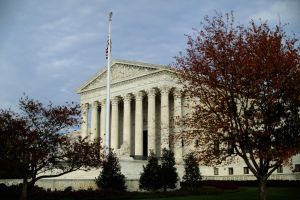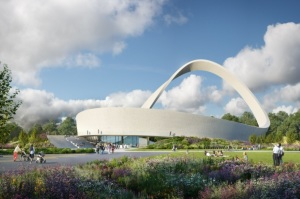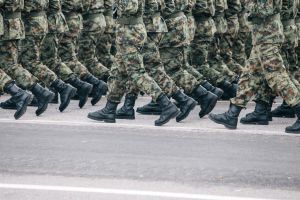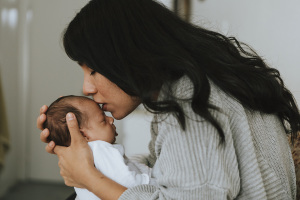Bomb Blasts Hit Christian Area of Kano, Nigeria Killing at Least 12
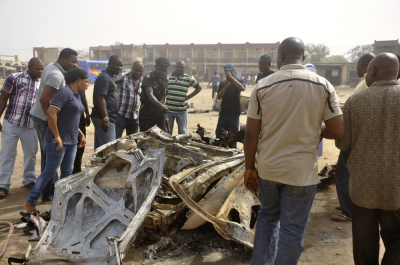
Multiple bomb explosions have rocked Nigeria's Christian-populated Sabon Gari district on Monday evening, killing at least a dozen people, according to local authorities in the northern city of Kano.
Multiple explosions hit the area around 9:00 p.m. local time in an area popular for entertainment that includes outdoor bars, music, and table tennis facilities, and which is highly populated by the city's Christian population. It is the same area previously attacked by militant Islamic group Boko Haram, which is fighting to make northern Nigeria a completely Islamic state and hopes to wipe out all signs of Christianity from the region.
Military Joint Task Force spokesman Lt. Ikedichi Iweha confirmed that 12 people died at the scene of the blasts, and "a couple" of other people were also wounded. He added that he blames Boko Haram for the attacks.
In contrast to Iweha's body count, a spokesperson for the local Aminu Kano Teaching Hospital has claimed that the facility has 24 bodies in their morgue as a result of the blasts.
Some witnesses of Monday's explosion described seeing dead bodies with bleeding limbs following the blasts.
Resident Kolade Ade told the Associated Foreign Press that "after the first bomb, I threw myself into the canal [drain] to hide. There were at least three blasts," while fruit vendor Chinyere Madu told the news source that she heard four explosions which "shook the whole area," adding that she "saw one person carrying someone on his shoulders with bleeding legs."
The military has confirmed that the blasts did not come from explosives packed into cars and driven by suicide bombers, as previously witnessed in the area, but rather the explosives were packed into parcels and left unattended in the vicinity.
Since the blasts, the military has cordoned off the Sabon Gari district, prohibiting people from entering the area. The military added in a statement that the blasts could have been avoided had local residents been more vigilant regarding the reporting of unmanned packages.
The Nigerian government has been attempting to subdue to the Boko Haram militant group, which seeks to make the northern part of the country into an official Islamic state. The group's name, "Boko Haram," translates to "western education is forbidden," and preaches a strict reverence to traditional and extremely conservative Islamic law.
Although Boko Haram has not taken responsibility for Monday's attacks, the fact that a Christian-dominated area of the city was targeted, and that the region specializes in western-style entertainment, has been seen by some analysts as pointing to their involvement.
Kano was attacked earlier this year in an attempted bombing of a local mosque which was preaching against Islamic militarism; the attackers engaged in a firefight with police before they could reach the mosque, killing five civilians.
Nigerian President Goodluck Jonathan declared in May a state of emergency in some northeastern areas of the country, saying that Islamic militants had taken over the areas. The government has since announced its dedication to cracking down on militant Islamists, specifically Boko Haram.
Nigerian authorities announced Tuesday that they had arrested 42 suspected members of Boko Haram in the southwestern states of Lagos and Ogun, far from the suspected hub of Boko Haram activity in the north.
"We have arrested 42 suspected members of Boko Haram in Lagos and Ogun," said an army spokesman in Lagos, Kingsley Umoh, as reported by Reuters. "Some have already confessed to being Boko Haram and said they fled the northeast due to the military efforts there."
Although the government has been successful in cracking down on militant Islamic groups, some authorities have expressed worry that members of the groups have gone into hiding and will eventually spread out to other areas of the country, instead of remaining fairly concentrated in the northeast.
Boko Haram has engaged in a four-year insurgency, with one of its most deadliest attacks taking place in 2011, when the group claimed responsibility for driving a car, armed with explosives, into the United Nations building in the Nigerian capital of Abuja, killing 21 people.


















